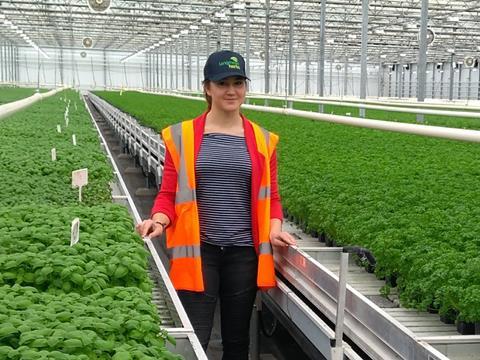
Name: Leyla Page
Age: 23
Job title: Supply chain administrator
Company: Langmead Herbs
Education: Geography and French BA (Hons); Food Insecurity in the Brazilian Amazon MSc by research, Lancaster University
Why did you decide to go for a career in food?
At uni I wasn’t sure exactly what I wanted to do, but in my third year I took a module looking at agriculture and food through time. We discussed futuristic methods of production and I found the whole topic fascinating, so with a masters in between, here I am.
Explain your job to us in a sentence (or two)
I’m on my third of four six-month secondments as part of my MDS management training. At Langmeads, I make sure products get from supplier to client smoothly and oversee everything in the middle.
Read more: 10 young people working in food & grocery who inspired us in 2017
What does a typical day look like for you?
Each day presents a new challenge; that’s what makes it fun
Each day presents a new challenge; that’s what makes it fun. Generally, I start by ensuring orders are processed and distributing logistics communications to the transport, production and packhouse teams, but the day can go anywhere from there. I also deal with clients we supply to if there are any supply chain issues in need of firming up or negotiating.
Tell us about how you went about applying for your job. What was the process like?
When I finished my masters, I knew I wanted to be in food but didn’t know where within the industry I would find my place. One of my degree coursemates was already on MDS, so when she told me about exposure to different areas of the industry it allows, I thought it could help me find the right fit.
The process was quite traditional. I filled in an application form, had a telephone interview and then was invited to group assessment day. There was a formal interview, an informal chat with a current trainee to ask any questions and ascertain whether the scheme was right for me, then a presentation and a group activity. There are 30 applicants for every MDS place and because we move around twice a year, it has to be a tough process to make sure you’re prepared to take it on.
On top of that, for each secondment we do with MDS we meet with the business and go through yet another interview, so you get plenty of practice.
Read more: 10 graduates and apprentices share their tips for how to land your dream food job
What’s the best part about working for a food company?
The abundance of herbs – I’ll never run out again.
And what’s the biggest misconception people have about working in food & drink?
My sister genuinely thinks I’m a farmer. Unless they come from an agricultural background or have industry experience, people often have little concept of the sheer variety of roles there are within food, the supply chain and even before that in product development. People don’t tend to give much thought to everything that happens between farm and fork.
What advice would you give to other young people looking to get into the food & drink industry?
It really doesn’t matter where you’re from or what you studied if you’ve got the interest and drive
Don’t be put off if you’re not from a conventional food background. When I first started MDS, we talked a lot about whether people without a grounding in the industry could cope. If I’d heard that before I signed the contract, I might’ve been convinced that this wasn’t the right path for me. It really doesn’t matter where you’re from or what you studied if you’ve got the interest and drive.
What’s your ultimate career dream?
Although I’m not firmly decided yet, I have whittled it down. I loved my marketing secondment at Syngenta, but I’ve also really enjoyed working on commercial development strategies, so project or campaign management might end up being the one for me.
It has to be in food, because being passionate about it means coming in each day is never a chore. I feel really lucky to have found my dream industry before my dream job, it gives me the chance to carve out my ideal position.







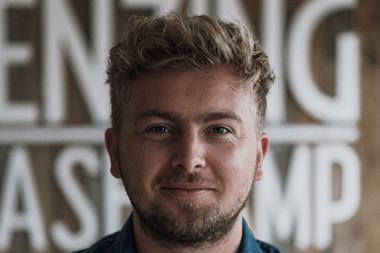

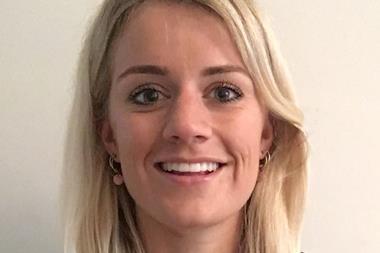
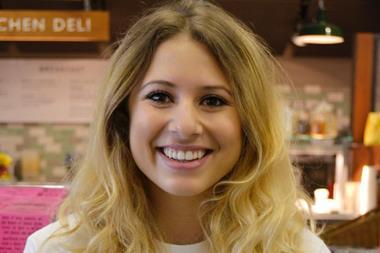
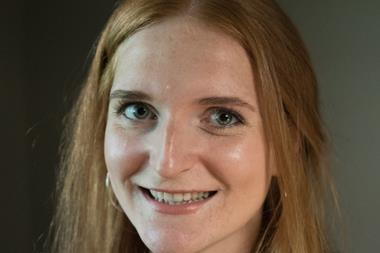
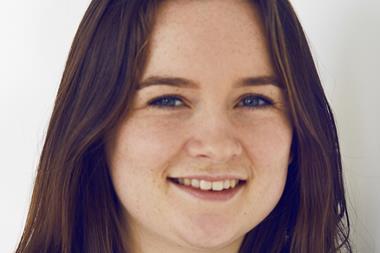
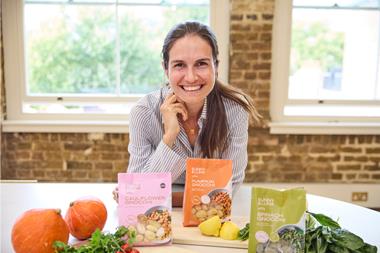
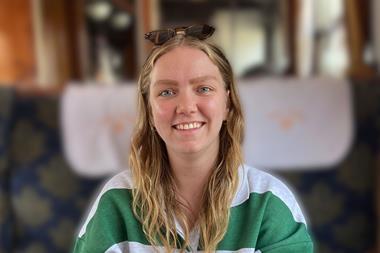
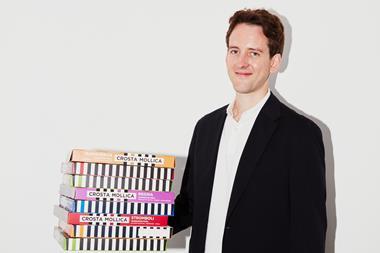
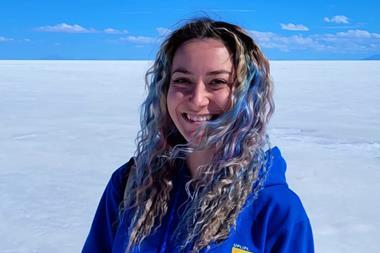
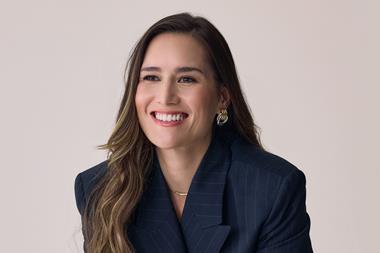
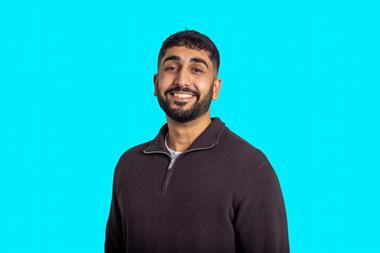
No comments yet